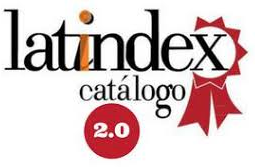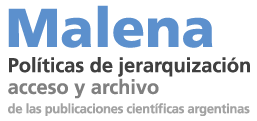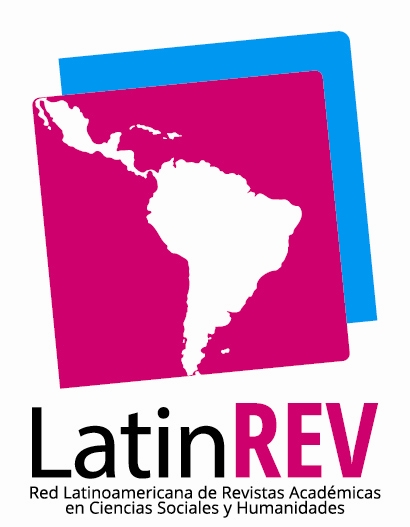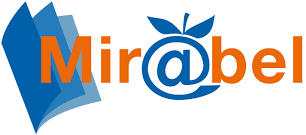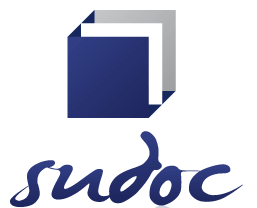The Assessment of Problematization in the Training of Educational Sciences Professionals in the National University of San Luis (UNSL)
Keywords:
UNSL, Education, Training, Problematization, AssessmentAbstract
An investigation was carried out about “The Assessment of Problematization in the training of Educational Sciences Professionals in the National University of San Luis (UNSL)” within the framework of the subject Praxis IV: The Investigative Practicein 2015. The subject matter emerged because of the discomfort shown by the members of the pedagogic community. The aim was to explore the role played by the reflexive-problematizing action and its expression in teachers and learners in the academic training in Educational Sciences in the UNSL. Consequently, semi-structured interviews were used, linking two vertebral axes: a) the imaginary prototype of a professional pedagogue (in its reflexive-problematizing action versus that concept based on substantive skills),and b) the consequences of those assessments and their implicationson the predisposition towards the intellectual rigor needed forthe training of a professional. The purpose of thiswork, based on aqualitative hermeneutic approach, was to describe and understandthe processes affecting the training methods: ideologies, rationalities and practices, among others.
Downloads
References
Barcia, M. I. (2011). Las prácticas de la enseñanza en la formación en el profesorado en ciencias de la educación (UNLP). La formación pedagógica para la enseñanza. FHCE, UNLP.
Blanco, C. (2010). La vigilancia epistemológica en ciencias sociales: un compromiso ineludible. Reflexiones desde la sociología del conocimiento de Pierre Bourdieu. Primer simposio internacional interdisciplinario Aduanas del Conocimiento. ECI, UNC y UCASAL/Red COBINCO.
Borsotti, C. A. (2009). “La situación problemática” En: Temas de metodología de la investigación en ciencias sociales empíricas (pp. 29-43). Buenos Aires: Miño & Davila Editores.
Chacón Corso, M. (2006). La reflexión y la crítica en la formación docente. Revista Educere. 10 (33).
Di Lorenzo, L. N. (2014). Significados que los egresados le atribuyen a la formación docente en pensamiento crítico. Tesis de Licenciatura, UNSL.
Eldestein, G. E. (2002). Problematizar las prácticas de enseñanza. Revista Perspectiva. Florianópolis, 20 (02).
Enriquez, P. y Olguin, W. (2009). Nociones elementales que encuadran el estudio de la problemática de la realidad educativa y la praxis. Documento de Cátedra Nivel I: Taller “La Problemática de la Realidad Educativa”. Dto. De Educación y Formación Docente. FCH, UNSL.
Gonçalves, F. P. y Marques, C. A. (2013). Problematización de las actividades experimentales en la formación y la práctica docente de los formadores de profesores de química. Revista “Enseñanza de las Ciencias”. Núm. 31.3
González Delgado, M. (2009). Formación profesional. La problematización como estrategia didáctica para la intervención profesional pedagógica. II Coloquio de Investigación Educativa. UIM FES, Acatlán, México.
González-Weil, C. et al (2013). Construyendo dominios de encuentro para problematizar acerca de las prácticas pedagógicas de profesores secundarios de ciencias: incorporando el modelo de investigación-acción como plan de formación continua. Revista de Estudios Pedagógicos. 39 (2).
Gramsci, A. (1967a). La formación de los intelectuales. Cap. 1, México: grijalbo.
Guba, E. G., Lincoln, Y. S. (1994). “Competing paradigms in cualitative research”. En Denzin, N. K., Lincoln, Y. S. Traducción de Mario E. Perrone.
Mendizábal, N. (2006). “Los componentes del diseño flexible en la investigación cualitativa”. En Vacilachis de Gialdino, I. (Coord.), Ameigeiras A., Chernobilsky, L. et al: Estrategias de investigación cualitativa. Barcelona: Gediosa Editorial.
Gedisa Ortiz, B. (2009). La formación profesional y la atmósfera como co-formadores en una etapa histórica (1970-1975). Revista Estudios en Ciencias Humanas - Estudios y monografías de los postgrados -Facultad de Humanidades-Universidad Nacional del Nordeste.
Paul, R., Elder, L. (2003). La mini-guía para el pensamiento crítico conceptos y herramientas. Fundación para el Pensamiento Crítico, www.criticalthinking.org, pp. 1-25.
Plan de estudio de la carrera de Ciencias de la Educación (Res. 20/99). Universidad Nacional de San Luis.
Rodríguez, G., Gil, J. y García, E. (1996). Procesos y fases de la investigación cualitativa. Editorial Aljibe.
Sautu, R. et al (2005). “La construcción del marco teórico en la investigación social”. En manual de metodología. Construcción del marco teórico, formulación de los objetivos y elección de la metodología. CLACSO, Buenos Aires: Colección Campus Virtual.
Wanschelbaum, C. (2013). La educación en la postdictadura (1983-1989). El proyecto educativo democrático: una pedagogía de la hegemonía. Revista Contextos de Educación –UNCR.
Downloads
Published
Issue
Section
ARK
License
Copyright (c) 2017 Laura Mariela Velázquez, Rodrigo Hernán Tejeda Márquez

This work is licensed under a Creative Commons Attribution 4.0 International License.


